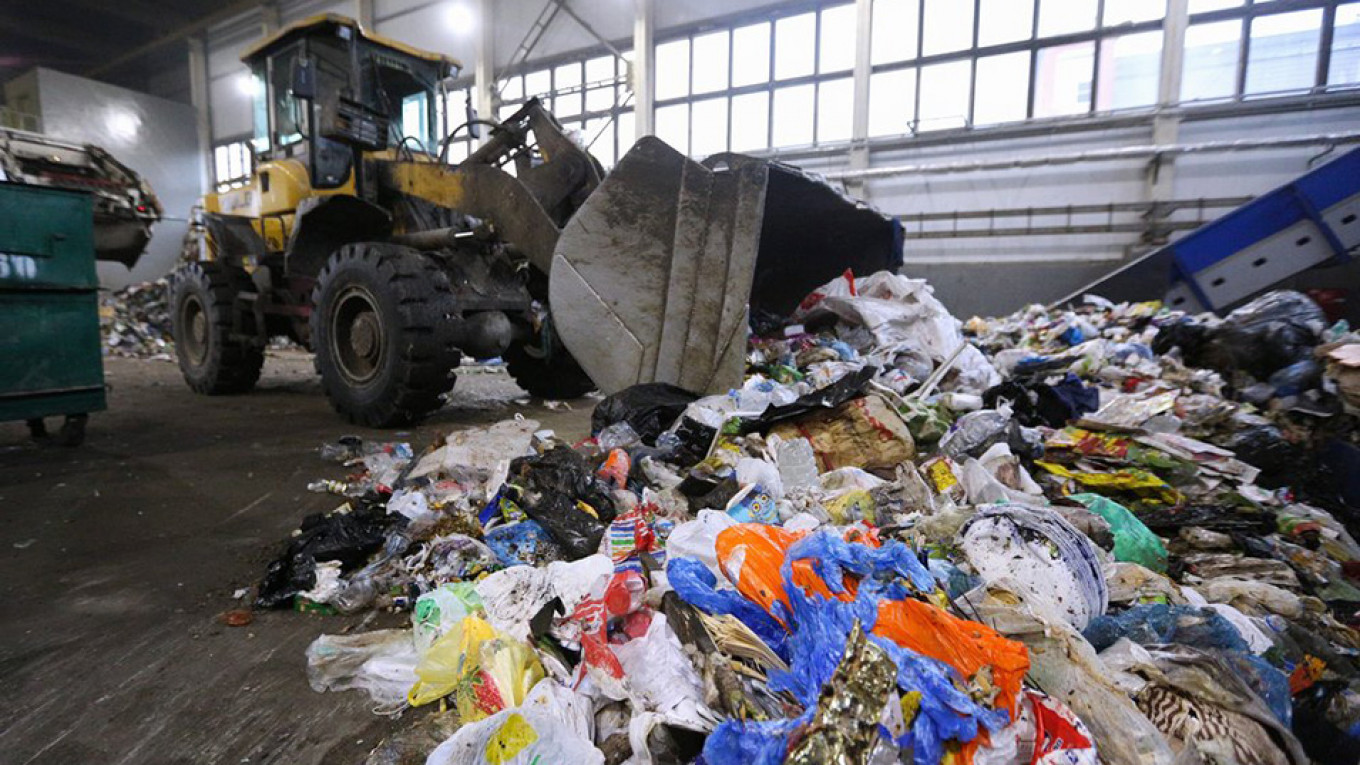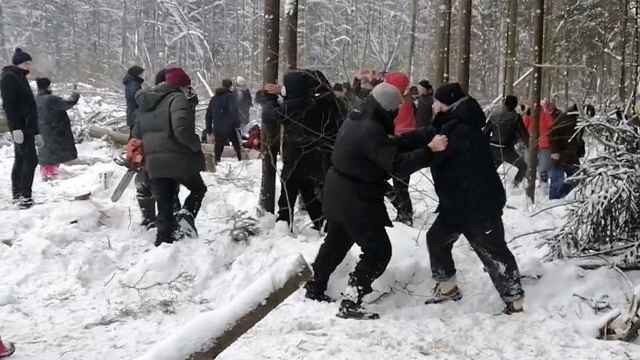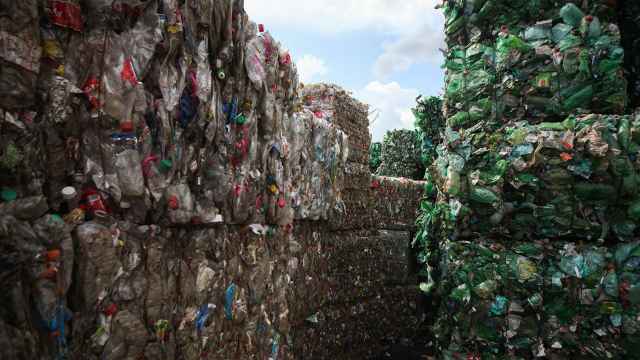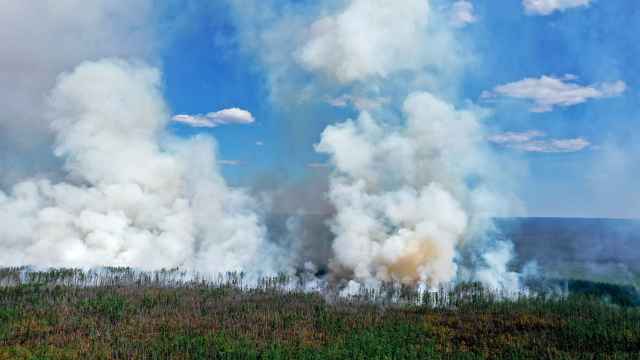Russia is ramping up its imports of plastic waste year after year as its lack of a national waste sorting system leaves recycling plants lacking enough raw materials, the RBC news website has reported.
Russia generated over 7.2 billion tons of household and industrial waste in 2018, almost 315,000 tons of which were imported, according to the Federal Service for Supervision of Natural Resources. Russia recycles only 12% of the 3 million tons of plastic waste it generates each year, RBC cited the Greenpeace Russia environmental group as saying.
Russia purchased $20 million worth of plastic waste from other countries in 2018, according to customs data analyzed by RBC on Friday. This is a 32% increase from 2017.
The growth of plastic recycling facilities in Russia is limited “by the very slow progress of implementing garbage reform, including the very slow construction of waste sorting complexes,” RBC quoted Konstantin Rzayev, the chairman of the board of the Ecotechnology group, as saying. “As long as garbage reform stalls, imports can help.”
Once a national waste sorting system is implemented, Russia’s plastic recycling plants will be working at full capacity and the country won’t need to import plastic waste, RBC cited Higher School of Economics (HSE) environmental professor Boris Morgunov as saying.
“There’s already enough plastic to process in Russia,” he said.
Turkey ($6.25 million), Belarus ($3.1 million) and Japan ($2.8 million) were reported to have sold the most plastic to Russia, followed by 22 other countries including the U.S.
In January-June 2019, Russia reportedly bought $12 million in plastic waste, 41% more than in January-June 2018.
At the same time, Russia is exporting more paper waste, doubling sales from $31.5 million in 2016 to $61.6 million a year later.
Moscow’s plan to export its waste to surrounding regions has riled Russian citizens in recent months, while nationwide trash reforms threaten to shut down garbage collectors in nine regions. In the European Union, plastic items such as straws, forks and knives as well as cotton buds will be banned by 2021. Russia’s Leningrad region banned single-use plastics last year.
A Message from The Moscow Times:
Dear readers,
We are facing unprecedented challenges. Russia's Prosecutor General's Office has designated The Moscow Times as an "undesirable" organization, criminalizing our work and putting our staff at risk of prosecution. This follows our earlier unjust labeling as a "foreign agent."
These actions are direct attempts to silence independent journalism in Russia. The authorities claim our work "discredits the decisions of the Russian leadership." We see things differently: we strive to provide accurate, unbiased reporting on Russia.
We, the journalists of The Moscow Times, refuse to be silenced. But to continue our work, we need your help.
Your support, no matter how small, makes a world of difference. If you can, please support us monthly starting from just $2. It's quick to set up, and every contribution makes a significant impact.
By supporting The Moscow Times, you're defending open, independent journalism in the face of repression. Thank you for standing with us.
Remind me later.






